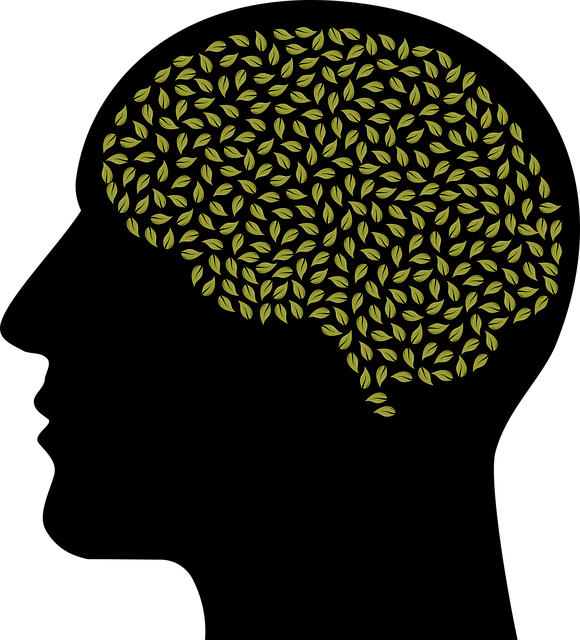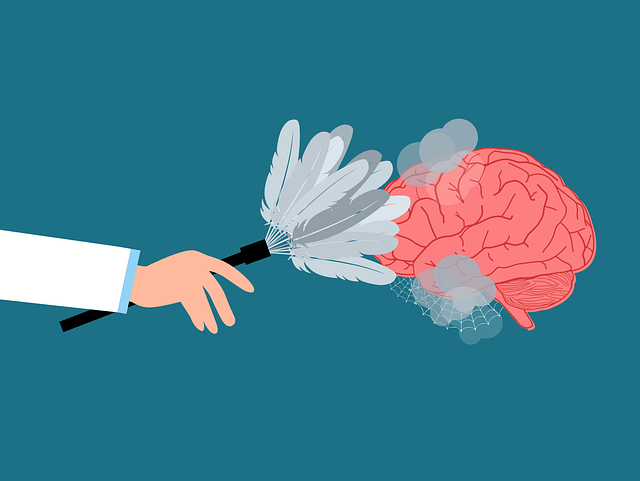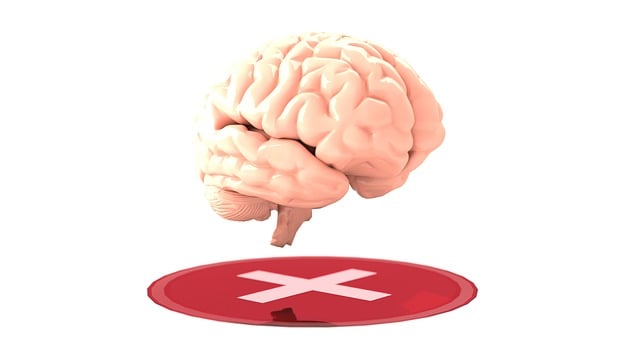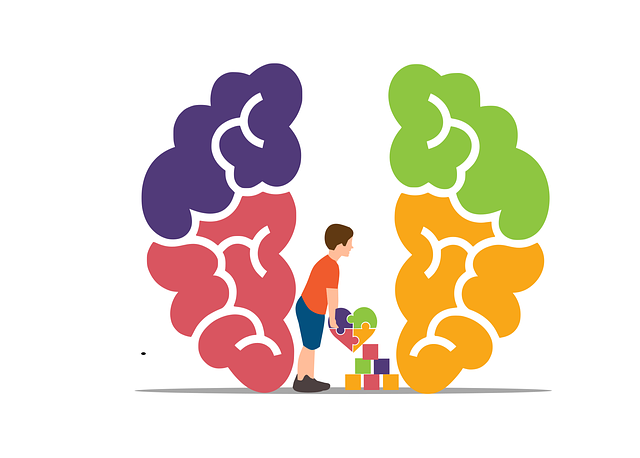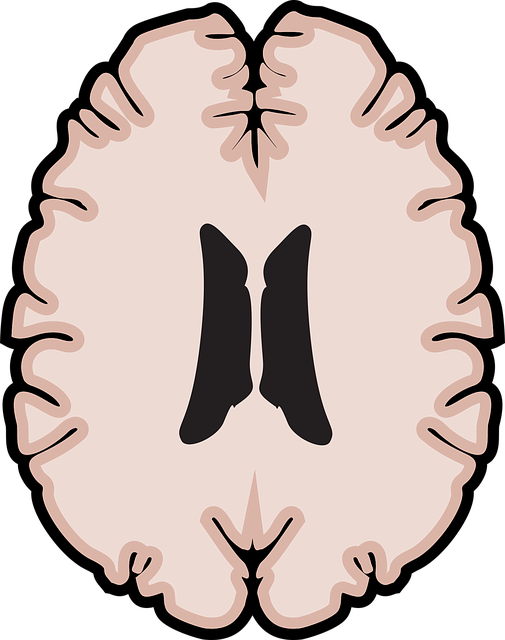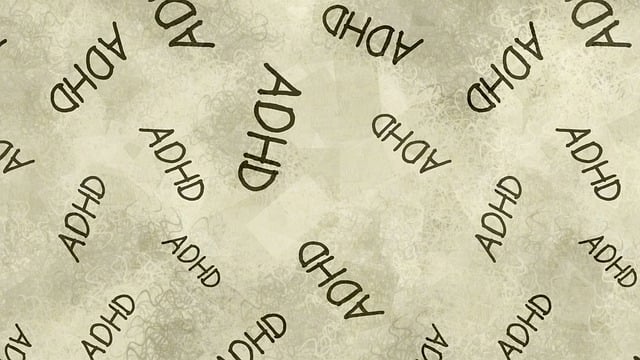Aurora Domestic Violence Therapy (ADVT) offers a comprehensive program focused on mood regulation for those affected by domestic violence. Through self-awareness exercises, cognitive-behavioral techniques, mindfulness practices and safe emotional expression spaces, ADVT equips clients with tools to manage stress, anxiety, triggers effectively. This holistic approach breaks unhealthy patterns, promotes positive coping mechanisms, enhances mental health outcomes, and prioritizes self-care for resilience. Key components include identifying triggers through mood journaling, cognitive strategies to challenge negative thinking, cultural sensitivity for diverse backgrounds, and emotional awareness practices like meditation and communication strategies for safe expression. ADVT empowers survivors with tailored healthy coping strategies and fosters personal growth, healing, and empowerment.
Mood regulation strategies are essential tools for navigating life’s challenges, especially in managing domestic violence. This comprehensive guide explores various techniques to help individuals regain control over their emotional well-being. From understanding the role of Aurora Domestic Violence Therapy in facilitating healing to identifying triggers and adopting cognitive strategies, each section delves into practical methods. By enhancing emotional awareness through mindfulness and self-care, individuals can develop effective coping mechanisms, fostering resilience and adaptability in the face of adversity.
- Understanding Mood Regulation: The Role of Aurora Domestic Violence Therapy
- Identifying Triggers: Recognizing Patterns and Stressors
- Cognitive Strategies: Rewiring Negative Thought Cycles
- Emotional Awareness: Mindfulness and Self-Care Practices
- Effective Coping Mechanisms: Building Resilience and Adaptability
Understanding Mood Regulation: The Role of Aurora Domestic Violence Therapy

Understanding Mood Regulation: The Role of Aurora Domestic Violence Therapy
Mood regulation strategies are essential components in maintaining mental health and overall well-being, especially for individuals who have experienced domestic violence. Aurora Domestic Violence Therapy (ADVT) plays a pivotal role in empowering people to navigate their emotional states more effectively. Through specialized programs designed to foster mental health education, ADVT offers valuable tools and techniques that help clients gain a deeper understanding of their emotions and triggers. This process is crucial for breaking down unhealthy patterns and promoting positive coping mechanisms.
One of the key aspects of ADVT is its focus on self-awareness exercises tailored to individual needs. By encouraging clients to recognize and acknowledge their feelings, ADVT fosters confidence boosting activities that enable them to manage stress and anxiety more effectively. The program’s holistic approach integrates various strategies, including cognitive-behavioral techniques, mindfulness practices, and safe spaces for emotional expression. These methods are instrumental in helping individuals develop resilience and regain control over their mood regulation, ultimately leading to improved mental health outcomes.
Identifying Triggers: Recognizing Patterns and Stressors

Identifying triggers is a crucial step in mood regulation and can significantly impact one’s path to mental wellness. At Aurora Domestic Violence Therapy, we emphasize the importance of recognizing patterns and stressors that evoke emotional responses. This process involves a deep exploration of one’s environment, relationships, and personal experiences. By keeping a mood journal, individuals can start to notice recurring themes; certain situations, conversations, or even sights might act as triggers for heightened emotions or relive past traumas.
Understanding these triggers is the first step towards effective risk management planning for mental health professionals. It enables individuals to develop strategies for depression prevention and fosters resilience in navigating challenging situations. This awareness can be further enhanced through the Mental Wellness Podcast Series Production, offering a space to learn from experts, share experiences, and explore innovative ways of coping with daily stressors.
Cognitive Strategies: Rewiring Negative Thought Cycles

Cognitive strategies play a pivotal role in mood regulation by helping individuals rewire negative thought cycles. This process involves identifying and challenging distorted thinking patterns that contribute to adverse emotional states. For instance, techniques such as cognitive restructuring help people recognize irrational beliefs and replace them with more realistic and positive ones. This approach is particularly effective for those seeking Aurora Domestic Violence Therapy, where breaking free from cycles of abuse often requires shifting negative thought processes related to safety, trust, and self-worth.
Mental health education programs designed with a focus on cognitive sensitivity can empower individuals to become their own therapists. By learning to recognize triggers and implementing evidence-based strategies like mindfulness meditation, people can gain better control over their emotional responses. Moreover, incorporating cultural sensitivity in mental healthcare practice ensures that these strategies are adaptable to diverse backgrounds, enhancing their effectiveness. Conflict resolution techniques, often taught as part of such programs, further support individuals in navigating challenging situations while maintaining a balanced mood.
Emotional Awareness: Mindfulness and Self-Care Practices

Emotional awareness is a cornerstone of effective mood regulation strategies. Mindfulness practices like meditation and deep breathing allow individuals to observe their emotions without judgment, fostering a deeper understanding of their triggers and patterns. By cultivating present-moment awareness, people can begin to disentangle themselves from automatic emotional responses, promoting healthier coping mechanisms. Aurora Domestic Violence Therapy emphasizes this approach, encouraging clients to develop self-care routines that integrate mindfulness exercises into their daily lives.
Self-care is another vital component of emotional regulation. Prioritizing activities that nurture physical and mental well-being can significantly impact mood stability. This includes adequate sleep hygiene, regular exercise, and engaging in hobbies or creative outlets. For healthcare professionals, integrating self-care practices into their routine isn’t just beneficial for personal resilience; it’s also crucial for effective risk management planning. Burnout prevention strategies emphasize the importance of setting boundaries and prioritizing self-care to maintain optimal mental health and prevent professional impairment. Effective communication strategies can also enhance emotional awareness by providing safe spaces for individuals to express and process their feelings, further supporting their journey towards mood regulation.
Effective Coping Mechanisms: Building Resilience and Adaptability

In navigating challenging life situations, such as those often encountered in domestic violence scenarios, developing effective coping mechanisms is paramount to fostering resilience and adaptability. Aurora Domestic Violence Therapy emphasizes the importance of self-awareness exercises as a cornerstone for personal growth and emotional well-being. By cultivating mindfulness and understanding one’s feelings, individuals can better regulate their moods and respond adaptively under stress. These exercises empower survivors to recognize triggers, manage intense emotions, and adopt healthy coping strategies tailored to their unique experiences.
Beyond individual introspection, mood management involves honing communication strategies that are crucial for building supportive relationships. Open dialogue with trusted friends, family, or therapists can provide a safe space to express feelings, seek validation, and gain perspective. Effective communication also facilitates problem-solving skills, enabling individuals to navigate conflicts constructively, enhance assertiveness, and promote positive interactions in their personal lives. Integrating Self-Awareness Exercises and Communication Strategies empowers survivors to break free from destructive patterns, rebuild their lives, and move towards a future of healing and empowerment.
Mood regulation is a vital skill for navigating life’s challenges, especially those who have experienced domestic violence. By understanding triggers, rewire negative thought cycles through cognitive strategies, and practicing emotional awareness, individuals can develop resilience and adaptability. Aurora Domestic Violence Therapy offers valuable tools to support this journey, helping people recognize patterns, manage stress, and foster healthy coping mechanisms. Through these strategies, one can transform their emotional responses, leading to improved well-being and a brighter future.

